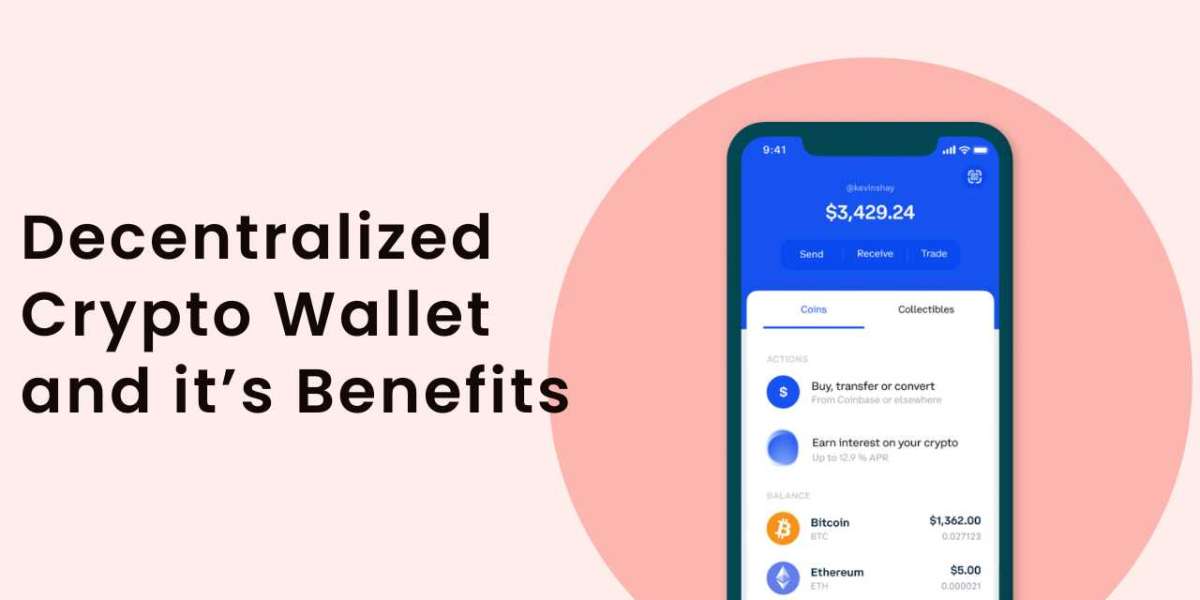A decentralized crypto wallet is a digital wallet that allows users to securely store and manage their cryptocurrencies without the need for a central authority or intermediary. Instead, the user has full control over their funds and private keys, which are encrypted and stored on their device.
Decentralized wallets are built on blockchain technology, which enables peer-to-peer transactions and removes the need for a third party to facilitate transactions. They also provide users with increased security and privacy, as they are not reliant on a single point of failure or vulnerable to hacking attacks.
Some popular examples of decentralized crypto wallets include MetaMask, MyEtherWallet, and Trust Wallet, D-wallet. These wallets are typically free to use and can be accessed through web browsers or mobile apps. Users can send and receive cryptocurrencies, view transaction histories, and manage their assets directly from the wallet interface.
However, it is important to note that with great control comes great responsibility. Users of decentralized wallets must be diligent in safeguarding their private keys and securing their devices to prevent unauthorized access or theft of their funds.
Benefits of Decentralized Wallet :
Decentralized wallets, also known as non-custodial wallets, offer several benefits compared to centralized wallets. Here are some of the key benefits of using a decentralized wallet:
Security: Decentralized wallets provide a higher level of security since the private keys used to access the wallet are only stored locally on the user's device. This means that the user has full control over their funds, and there is no risk of a centralized entity being hacked and compromising the security of the wallet.
Privacy: Decentralized wallets offer greater privacy since the user's personal information is not required to create or use a wallet. Additionally, transactions made using decentralized wallets are typically not traceable back to the user.
No third-party risk: Decentralized wallets eliminate the need for a third-party intermediary, reducing the risk of fraud or theft associated with centralized wallets.
Access to a wider range of cryptocurrencies: Decentralized wallets typically support a wide range of cryptocurrencies, providing users with more options to store and manage their digital assets.
Greater flexibility: Decentralized wallets offer greater flexibility since they are not tied to a specific platform or service. This means that users can easily move their funds between different wallets or exchanges, giving them more control over their assets.
Lower fees: Decentralized wallets often have lower fees since they do not require a centralized entity to process transactions. Users may save a lot of money as a result of this.
Overall, decentralized wallets offer greater security, privacy, and flexibility compared to centralized wallets, making them a popular choice for cryptocurrency enthusiasts.








